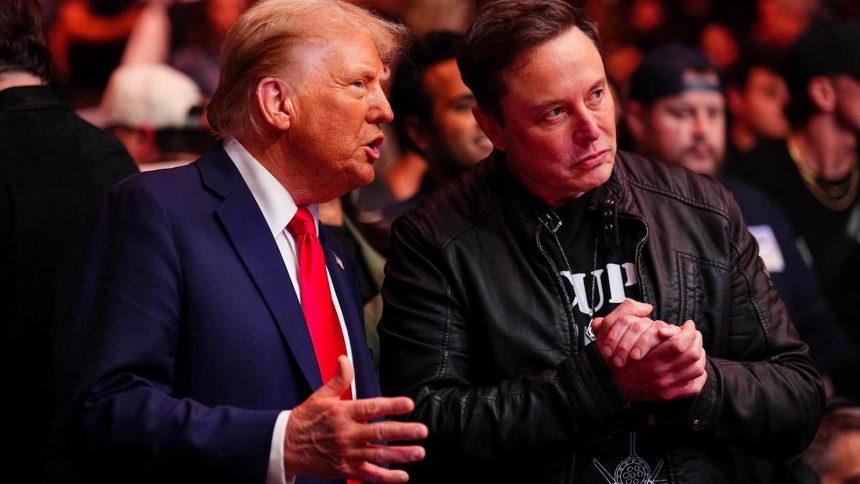The recent blacklisting of Contemporary Amperex Technology Co. Limited (CATL), the world’s largest electric vehicle (EV) battery manufacturer, by the US Department of Defense (DOD) has sparked a debate about the efficacy and implications of such protectionist measures. While the DOD cites national security concerns, the decision has raised questions about the balance between protecting domestic industries and fostering global collaboration, especially given CATL’s pivotal role in the EV supply chain. This action serves as a stark example of the complex interplay between geopolitics, economics, and technological advancement in the 21st century. The specific designation of CATL as a “Chinese Military Company” carries significant weight, potentially restricting US companies from engaging with CATL and jeopardizing access to crucial battery technology.
CATL’s dominance in the EV battery market stems from a combination of factors, including substantial government support, economies of scale achieved through its massive production capacity, and relentless innovation in battery chemistry and efficiency. The company supplies batteries to major automakers worldwide, including Tesla, GM, and Ford, making it an integral part of the global EV ecosystem. The US, with its ambitious target of 50% EV sales by 2030, heavily relies on a secure and affordable battery supply. Blacklisting CATL threatens to disrupt this goal, potentially leading to higher EV prices, delayed product launches, and a setback for climate initiatives. This underscores the importance of carefully weighing the potential consequences of such protectionist measures against their intended benefits.
The implications of the CATL blacklisting extend beyond national borders. The experience of Europe, which imposed restrictions on Chinese battery imports in 2023, serves as a cautionary tale. The restrictions resulted in supply chain disruptions, increased costs, and a slowdown in EV adoption. The US risks mirroring this scenario if it fails to address the CATL issue strategically. Simply replacing CATL with alternative suppliers like LG Energy Solution or Panasonic may not be feasible in the short term, given the scale of CATL’s operations and its technological advancements. This highlights the interconnectedness of global supply chains and the potential for unintended consequences from unilateral actions.
CATL’s success is deeply rooted in the unique characteristics of the Chinese economic and industrial landscape. Generous government subsidies for EV manufacturers have fueled a booming domestic market, creating immense demand for CATL’s batteries. Furthermore, CATL is at the forefront of battery innovation, particularly in the development of lithium iron phosphate (LFP) batteries, which offer advantages in terms of safety and cost-effectiveness. The company has also built a vertically integrated supply chain, encompassing everything from raw material sourcing to manufacturing and distribution. This integrated approach, coupled with the highly competitive Chinese EV market, gives CATL a significant edge in the global battery industry.
Navigating the complexities of international trade requires a nuanced approach that balances national security concerns with economic realities. While safeguarding intellectual property and addressing predatory trade practices are legitimate concerns, blanket policies that disrupt established supply chains can undermine the very industries they aim to protect. In the case of CATL, the blacklisting appears to be driven more by broader geopolitical tensions than by concrete evidence of security risks. This raises questions about the effectiveness of such measures and the potential for unintended harm to US industries and consumers. A more strategic approach would involve engaging with China to address specific concerns while preserving access to crucial technologies and resources.
The central question revolves around the extent to which products originating from China should be viewed with suspicion. While vigilance is warranted, a blanket approach that labels everything from China as a threat is counterproductive. Risks need to be assessed on a case-by-case basis, considering the specific circumstances and potential consequences. Unilateral decisions, like blacklisting, can be shortsighted and may not adequately address the complexities of global trade. A more effective approach involves fostering dialogue, cooperation, and targeted measures to address specific concerns while minimizing disruption to supply chains and consumer access to goods and services. The CATL blacklisting underscores the need for a balanced and nuanced approach to international trade, one that recognizes the interconnectedness of global economies and the importance of collaboration in addressing shared challenges.



